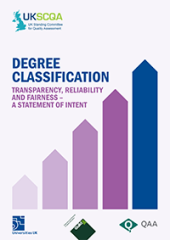Related
21 January 2022
Publications

21 January 2022
Publications
Stay up to date with our work
Our monthly updates are a great way for you to stay up to date with our work, events, and higher education news.

